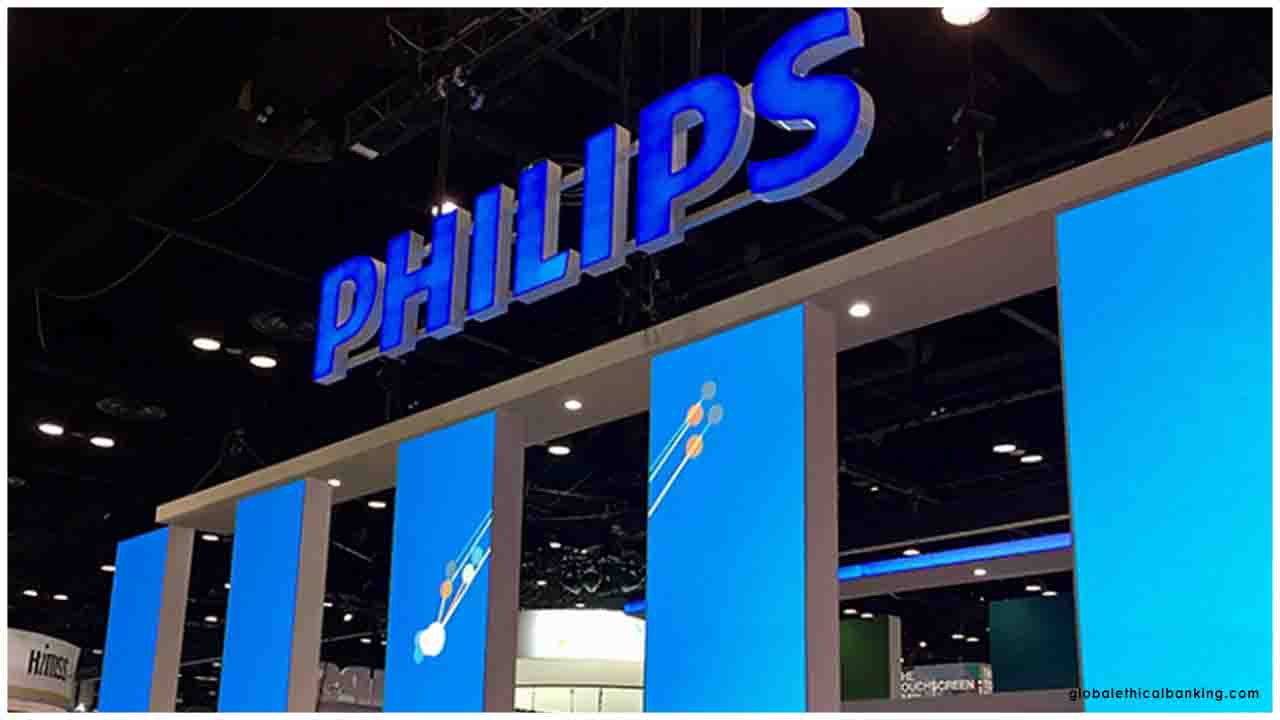Royal Philips, a global leader in health technology, today announced the launch of Philips Ventilator BiPAP A40 EFL. With the introduction of this non-invasive ventilator, Philips extends its homecare solutions with a new ventilation therapy feature for chronic obstructive pulmonary disease (COPD) patients to breathe easier. Now, pulmonologists can identify COPD patients with expiratory flow limitation (EFL) and treat them with targeted therapy to reduce symptoms and increase their comfort while sleeping. The BiPAP A40 EFL ventilator continuously and optimally adjusts pressure based on patient needs [1, 2].
BiPAP A40 EFL is the first and only non-invasive ventilator that allows health care professionals to automatically screen for and detect EFL, then provide optimal homecare therapy to dynamically and automatically abolish EFL [1]. This helps to reduce the patient’s work of breathing. Built with Philips proprietary and clinically validated ExpiraFlow technology, BiPAP A40 EFL is designed to connect across the care pathway – from diagnostic work to point of care therapy – to enable informed clinical decisions and optimize ventilation therapy, even remotely.
More than 50 percent of COPD patients experience EFL – limited exhalation of breath from the lungs – which occurs in the lower airways when patients are breathing quietly [2]. EFL causes hyperinflation, or breathing at increased lung volumes. COPD patients with EFL are more likely to be hospitalized more often and have increased mortality rates, however EFL is difficult to detect and often undertreated, despite its prevalence. Philips unique ExpiraFlow technology automatically detects EFL more accurately than any alternate methods [3] to enable the more effective treatment of patient in the home and help avoid hospital readmissions [2].
“ExpiraFlow Technology represents a shift in the paradigm of ventilator COPD management toward more personalized therapy, which automatically optimizes ventilation to the individual needs of the patient,” said Peter Calverley, Professor of Respiratory Medicine, School of Aging and Chronic Disease at the University of Liverpool. “By monitoring the presence of EFL on a breath-by-breath basis, the A40 EFL system can automatically adjust therapy pressures to ensure efficient lung emptying and better gas exchange. This new focus allows us to consider individual differences in lung mechanics and gas exchange when managing complex respiratory patients.”
“EFL often goes undetected, meaning patients don’t receive the care they need to improve their disease,” said Eli Diacopoulos, Respiratory Care Business Leader at Philips. “At Philips, we’re committed to identifying these gaps and meeting the challenges that COPD patients face every day. BiPAP A40 EFL aims to revolutionize COPD care solutions. Clinicians can now detect EFL in hypercapnic COPD patients at the point of care, ensure personalized patient treatment at home and monitor care remotely.”

 Connected BiPAP A40 EFL ventilator is the first to help healthcare professionals screen, detect, and abolish expiratory flow limitation to reduce work of breathing in COPD patients with abnormally elevated blood carbon dioxide levels
Connected BiPAP A40 EFL ventilator is the first to help healthcare professionals screen, detect, and abolish expiratory flow limitation to reduce work of breathing in COPD patients with abnormally elevated blood carbon dioxide levels









.jpeg)

















.jpg)


